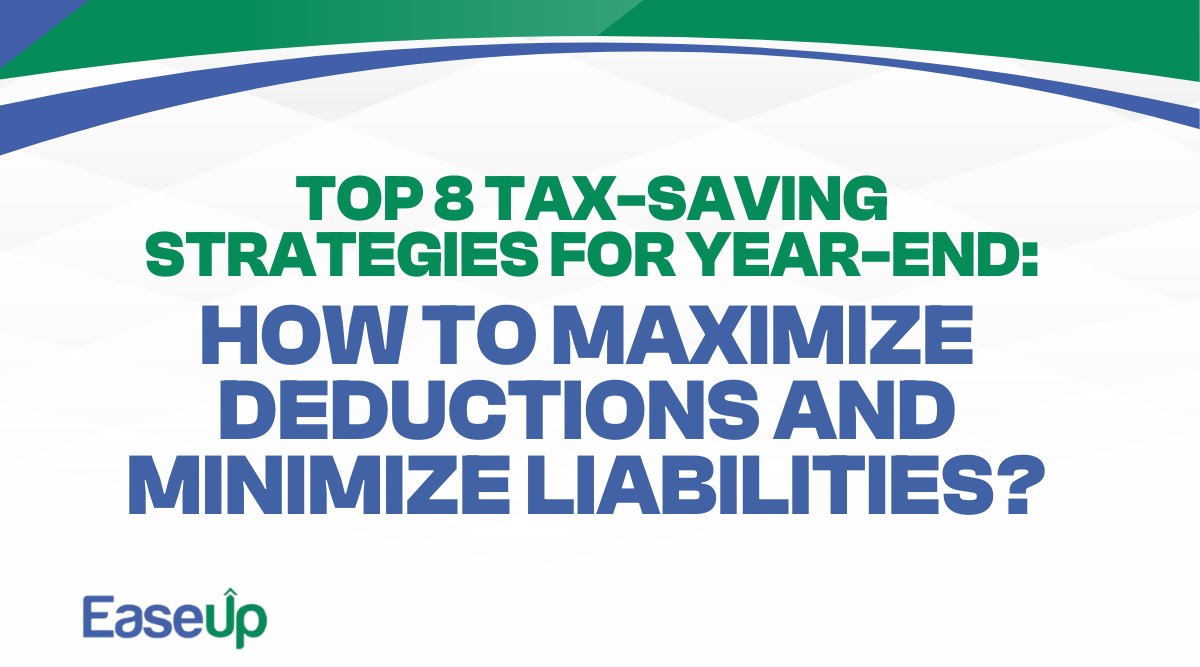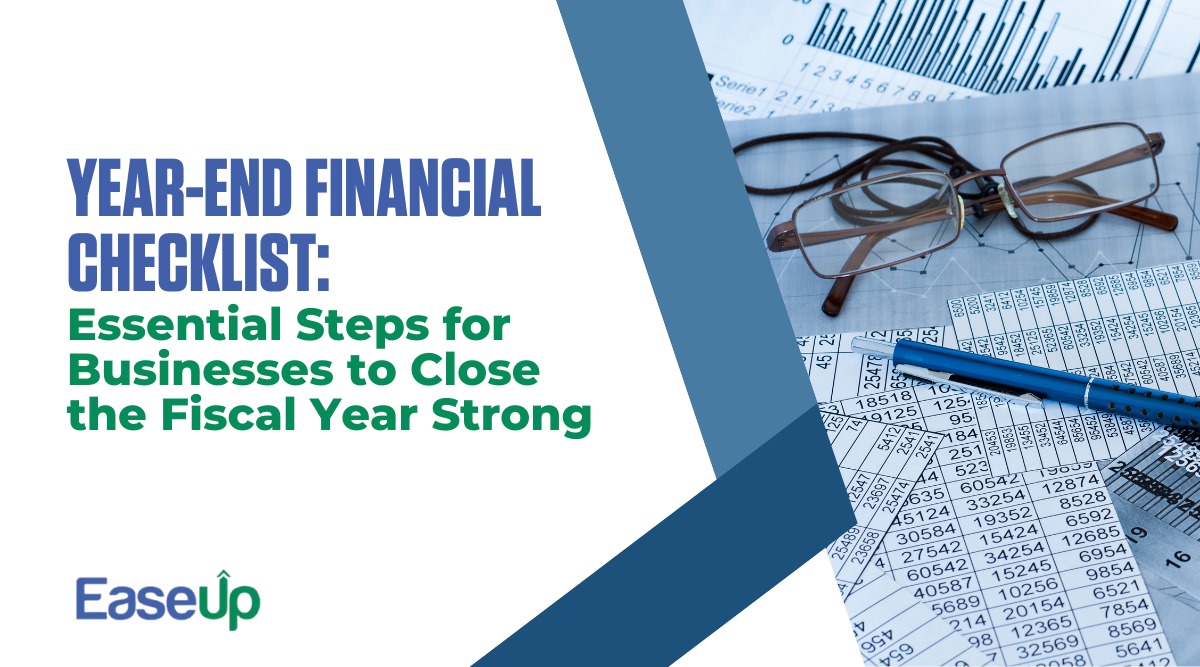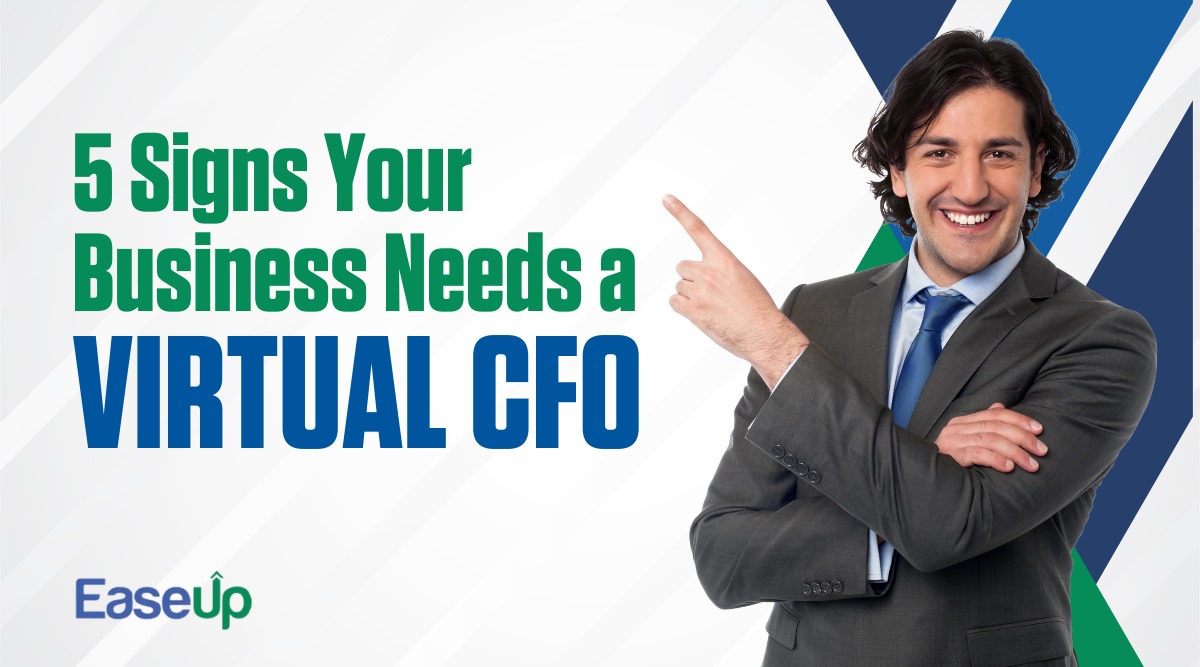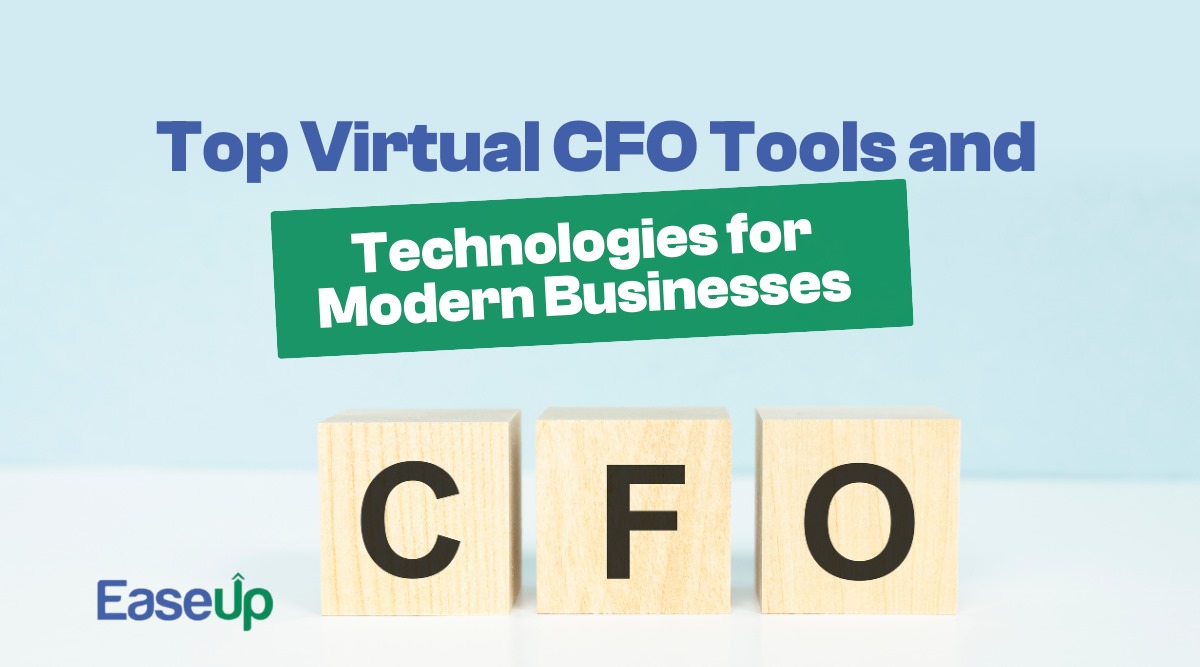

+91 9826266300

10.00 AM - 7.00 PM


How Virtual CFOs Help Maximize Tax Savings For Growing Businesses?
Published at: Dec 15,2024
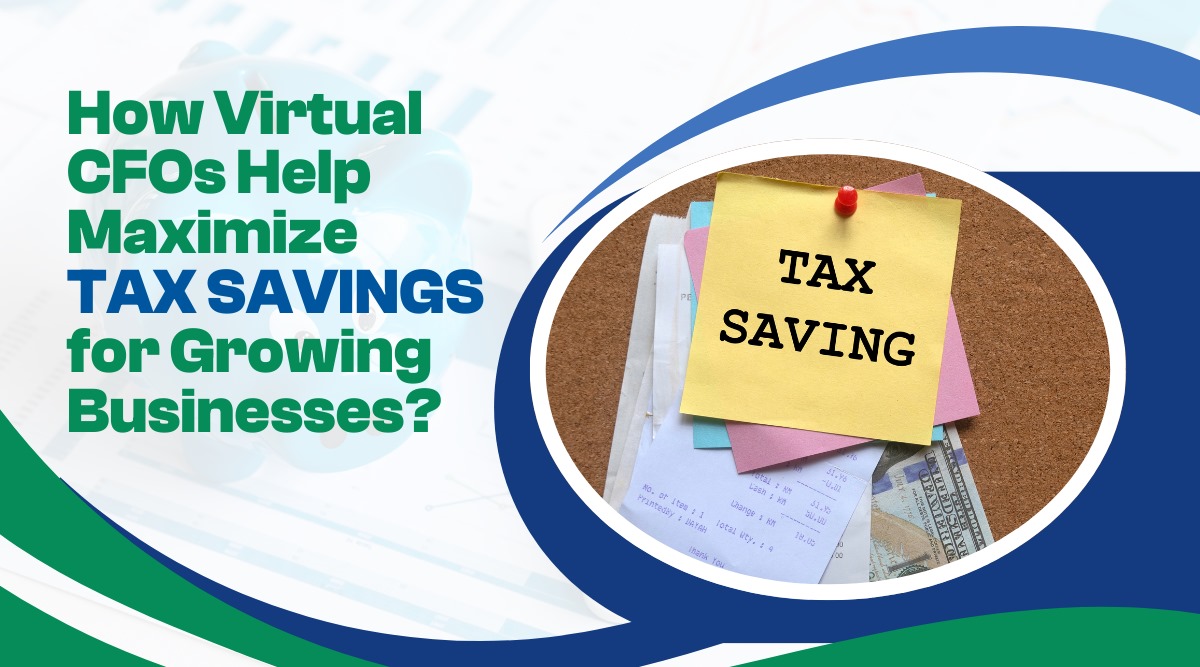
The complexity of managing the finances of a business increases as the business grows hence demands expertise that may not always be within the business. A VCFO is an independent financial consultant who offers timely financial solutions with special emphasis on taxes, to ensure minimal cost is incurred from the perspective of the business, ensuring that minimal costs are incurred while maximizing profitability.
To add, a shocking percentage of companies including 82% fail because of issues bordering on the management of finances and taxation. Being well-versed in tax savings for businesses, Virtual CFOs change the game by guiding businesses in implementing the most effective strategies in a particular economic climate.
How a VCFO can assist companies in achieving the optimum tax advantages?
Tax optimizations are not only wise ways to save more cash and that can be used back into the business. In this blog, you will soon learn how a VCFO can assist companies in achieving the optimum tax advantages with the right strategy and proper tax controls.
1. Identifying Eligible Tax Deductions
Problem: Virtually, most organizations do not fully deduct allowable tax reliefs hence they lose a lot of money. ST (Sales Tax) is also applicable to almost all expenditures of the business; from printing papers and stationery to business travels, deductible expenses reduce taxable income considerably.
Solution: A VCFO always makes sure that no tax deductions that the business might be entitled to are missed or underused. Such expenses might include business travel, office expenses, research and development credits, employee benefits, and the like. A VCFO will review and analyze the financial statements, monitor all expenditures, and look at every possible way to legally preserve more income for businesses.
Data: More than three-quarters of reporting businesses miss opportunities to claim every possible tax credit. This has been a missed opportunity that can otherwise be managed and advised if there’s a VCFO in place who knows the tax law such as which deductions are allowed and specific to certain types of businesses.
2. Tax Planning and Forecasting for Growth
Problem: When a business is established, one of the additions it will have to make is in terms of taxes. Every taxpayer should know that without proper planning, they may well find themselves on the receiving end of nasty surprises, culminating in increased costs that put a lot of pressure on cash flows and ultimately slow down the growth of the business.
Solution: Setting up a VCFO to assist businesses in making a prediction on tax that is payable through making specific and elaborate tax estimations. This way, with knowledge of the company’s financial path, the VCFO can comfortably develop a taxation plan for the firm, and ensure that there are no high charges, missed deductions, or any other tax shock at this time.
Example: Being in a situation where a business owner earns remarkable revenues during a specific period and results in high taxes when filing year-end returns. A VCFO would guide the business on issues such as the optimal timing for some expenditures to reduce the taxes payable during such unexpected transformations.
3. Structuring Your Business for Tax Efficiency
Problem: The major issues with the tax responsibilities of a firm are occurred due to an improper selection of business construction. It does not depend on the type of the business as it can be LLC, S-Corp, or C-Corp some sort of tax laws applicable to it that affect the overall financial position of the business.
Solution: A VCFO is also instrumental in determining which business structure is most taxing and efficient. Depending on the size of the business that the VCFO is aiming for, its growth potential, and its long-term objectives, the VCFO will advise on which legal structure will enable the business to pay the least amount in taxes. For instance, the LLC might want to engage in pass-through taxation that is favorable especially for small businesses while an S-Corp might provide an opportunity for the business to evade self-employment taxes for a growing business.
Fact: Selecting the proper form of operation eliminates taxes since it places the business under the right form of taxation that is friendliest in terms of tax exemptions and reliefs. For instance, an S-Corp may offer considerable cost cuts for a business that earns a lot of income as compared to a C-Corp that is ordinarily subjected to double taxation.
4. Maximizing Tax Credits and Incentives
Problem: Tax credits and incentives remain anonymous or less exploited even though they are sources of tax efficiencies. These credits can be associated with controlling employee turnover, usage of energy-efficient equipment, and other qualifying business activities.
Solution: A VCFO is aware of the many tax credit and incentive opportunities existent for companies and assists with the proper utilization of such opportunities. For instance, the ERC has been one of the most essential saving graces for organizations, especially during the coronavirus pandemic.
Example: Just as the case was with credits like the ERC if a business fully applies for such programs, then they can get a significant discount on their tax bill and consequently free capital meant for business investment. A VCFO will satisfy the legal requirements and, at the same time, make sure that the company fully optimizes for these programs.
5. Effective Use of Tax Deferral Strategies
Problem: While paying taxes as soon as they are due, cash flows, particularly where profits are reinvested back into growth activities, can be under pressure. One can easily fall into the category of high-tax burden, a problem that could reduce the ability of a business to make crucial investments.
Solution: A VCFO can ensure that a business puts in place the right tax deferral strategies. Different expenses also help in deferring taxes and making liabilities go on for some time. Some of the tools include retirement plan contributions such as the Employees’ Provident Fund (EPF), Public Provident Fund (PPF), National Pension System (NPS), or depreciation on assets, where one can defer payment for some time.
Fact: It is very much prominent that tax shelters can excerpt out to 20% of taxable wages in the short term. That actually can be effective for the people who tries to reinvest those earnings into growth.
6. Ensuring Compliance and Avoiding Penalties
Problem: Mainly small business companies have to deal with the penalties for tax mistakes, like incorrect filings, missed deadlines etc. These mistakes become the main reason for fines, interest, as well as damaged reputation.
Solution: A VCFO ensures that all tax filings are completed accurately and on time. They track deadlines, review tax documents, and ensure compliance with federal and state tax laws, reducing the risk of penalties. This proactive approach helps businesses avoid costly mistakes that could otherwise harm their financial standing.
Data: According to the Income Tax Department, many small businesses in India face penalties annually due to filing errors, missed deadlines, or incorrect tax submissions. Ensuring compliance with tax laws and timely submissions is critical to avoid such penalties. A VCFO helps mitigate these risks by providing expert oversight and guidance on compliance.
Conclusion
There is where a Virtual CFO is crucial in assisting organizations to develop and exercise their capacity to face the tense nature of tax in the most sustainable means for firms’ healthy financial growth. Starting from the examination of tax deductions and credits to the more complex issues of tax planning and conformity a VCFO is central in orchestrating the opportunity for saving more while risking less when it comes to taxes.
If it is time to maximize the deductions claimed and grow your business, EaseUpNow provides affordable Virtual CFO solutions for your business. We want to assist you in saving more and growing wiser.

CA Aditya Chokhra
December 18, 2025

Empower Your Business with Expert Financial Consulting
Latest Post
Leave a Reply

Contact us and subscribe to our newsletter to receive expert advice and industry updates.

Mumbai: A-116-1st Floor, Super Shopping Complex, Bajaj Cross Road, Near Kandivali Station, Kandivali (W), Mumbai 400067.
Ahmedabad: 315 Abhinav Arcade, Nr. Kothawala Flats, Paldi, Ahmedabad 380007.
Pune: B 602, The Onyx, Pink City Road, Shankar Kalat Nagar, Pune 411057.
Gurgaon: 1123 JMD Megapolis, Sector 48, Gurgaon - 122018, Haryana.
Bhilwara: C - 147, Shashtri Nagar, Bhilwara (Raj).
Surat: 6019, World Trade Center, Ring Road, Surat - 395002.
Copyright © 2025 Easeupnow. All rights reserved.







